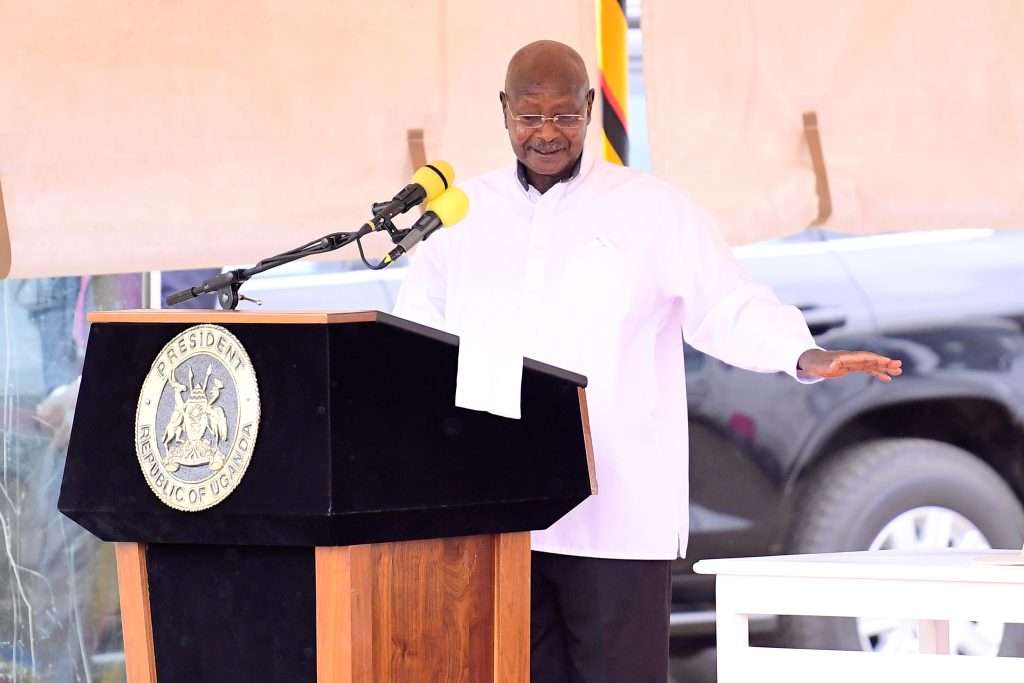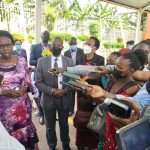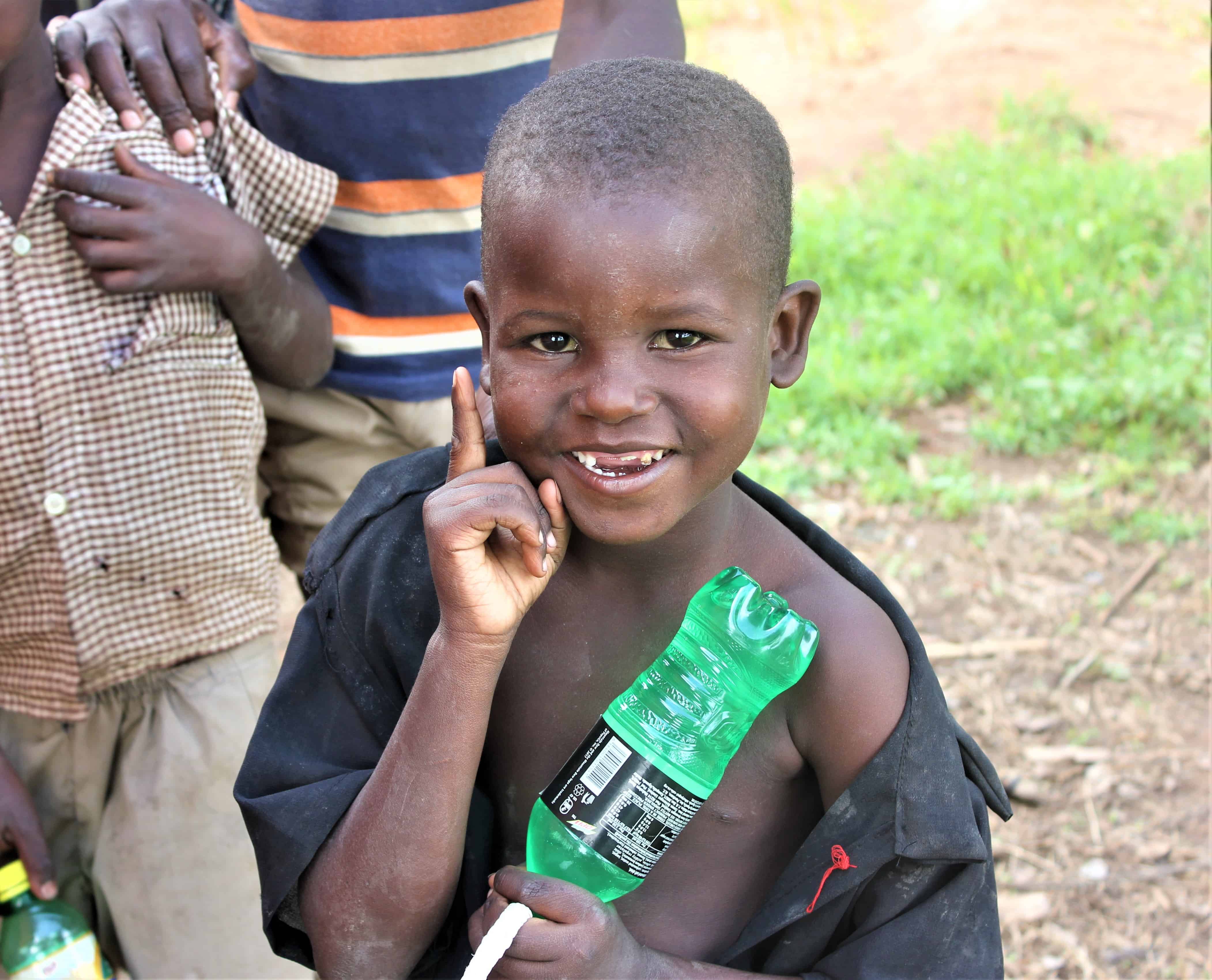President Yoweri Museveni has reiterated the need to boost production saying it is the only thing that will enable Uganda’s economy to become sustainable and also deal with issues including the global rise in commodity prices.
Museveni made the remarks during his State of the Nation address on Tuesday. The president was responding to the ongoing concern of increased commodity prices.
He said in recent years, the country has been stressed with challenges including the locusts, the rising waters of the Lakes, the floating islands, the landslides, the terrorist bombs, the covid-19 and now the rising commodity prices artificially caused by the Ukrainian war but the economy has kept growing.
He said the economy, by the budget time in the next few days, will be standing at US$ 45.7billion by the exchange rate method and at USD 131.6 billion by the PPP method meaning the GDP per capita is now lying at $1046, a figure that now surpasses the middle-income status of USD 1036.
With now the present issue of commodity prices leaving many Ugandans complaining, the president has called for surplus production. He said before the global destabilization by the Covid19 and the Ukrainian crises, many farmers were crying out for markets for commodities including sugar, maize, milk, chicken, eggs, bananas, cement, steel bars, soap, beers among others. As a result, he said the crisis should actually present plenty of opportunities for those engaging in surplus production.
“I saw on the news that Malaysia had banned the export of chicken and that India had banned the export of sugar. President Biden was crying for baby formula, etc. Many of these products are the ones that have been in surplus in Uganda. We just need to deal with a few quality and bio-hazard issues,” Museveni said.
“The issue of aflatoxins will be dealt with by proper harvest and drying methods as well as the method of embracing biotechnology. The door to our Dairy exports will be opened when we, the cattle owners, vaccinate our cattle twice a year. If the government does not have the money to pay for the vaccines, we the farmers can do it.”
The president further explained that with all this capacity, the country can be able to withstand the crisis. He said this coupled with initiatives such as Parish Development Model, whose end result is to boost farmers.
“The PMD will tap the production capacity of all the seven million houses in Agriculture, relying on the seven high-value commodities of coffee, fruits, dairy products, poultry, pigs, fish-farming and food growing for those of 4 acres and less,” he explained.
“The ones with land that is more than 4 acres, can, in addition, grow sugar-cane, cotton, maize, tobacco, tea, cassava, bananas, ranching, etc. because the country needs these products for intensive agricultural development.”
In addition, he said government is working out programs to help boost the irrigation scheme in the country to help several farmers become sustainable in production.
Museveni revealed in the coming financial years, they are going to produce solar-powered water pumps that can be bought by private rich farmers willing to engage in mini-irrigation from farm to farm.
“Once the solar powered irrigation pumps are on the market, the Government will buy them for some of the co-operatives or farming villages, where one pump can be shared by a number of small farmers. We shall continue also developing the mega-irrigation schemes of the Mobuku type.”
“Currently, 150 solar-powered water pumps have been imported. By the end of next year, 687 solar-powered water pumps will have been imported,” Museveni added.



